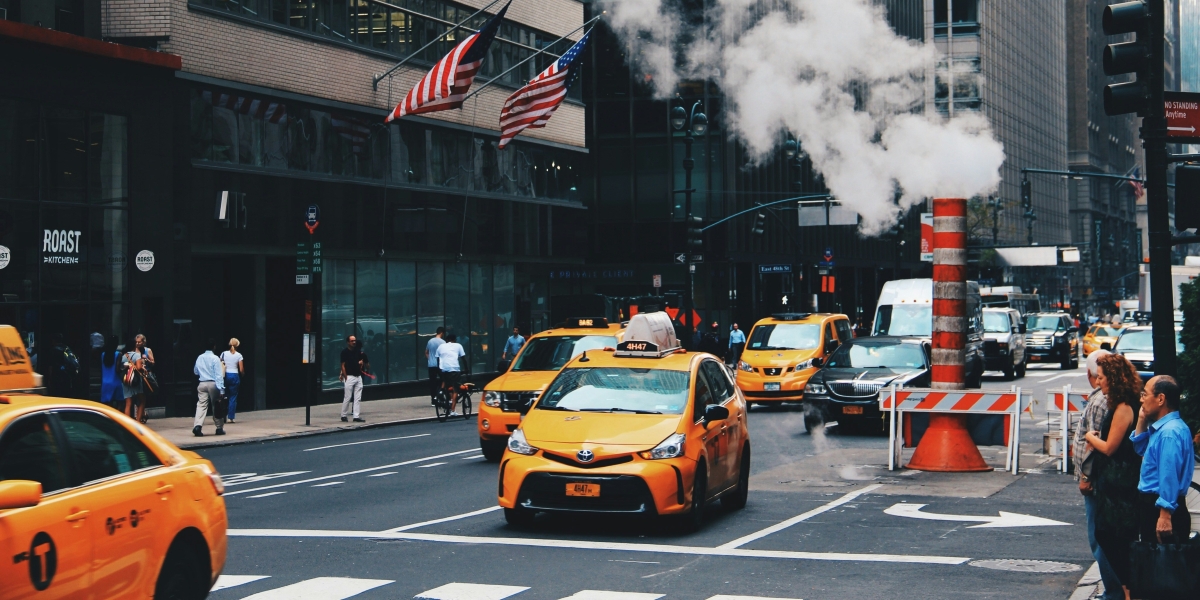By: Umair Malik
Walk down a busy street in Manhattan during rush hour, and you can almost taste the air. Exhaust fumes, construction dust, and smoke from food carts do not mix well together. For many of us, it’s simply part of city life. However, doctors and public health experts suggest that the everyday haze can slowly alter the way our bodies function. Air pollution isn’t just smoggy skylines; it’s a daily health risk for millions of people living in crowded cities across the US.
The Immediate Health Effects
The first way pollution shows up in our bodies is often obvious. Irritated lungs, watery eyes, and coughing fits on high-pollution days. Short-term exposure to dirty air can trigger asthma attacks, worsen seasonal allergies, and leave even healthy people feeling fatigued or light-headed.
Emergency rooms in New York City and other urban hubs frequently report more respiratory cases whenever the air quality index dips into the red zone. Children and the elderly are generally more vulnerable. Kids breathe faster, which means they pull in more polluted air relative to their body size. Older adults, particularly those with heart or lung conditions, often find their symptoms worsen on bad-air days.
Long-Term Damage You Don’t See Right Away
The scarier story is what happens over the years. Scientists have shown that fine particulate matter; microscopic particles small enough to pass into the bloodstream, may inflame the lungs and blood vessels. This ongoing irritation can raise the risk of heart disease, strokes, and a wide range of respiratory illnesses.
Over time, long-term exposure to air pollution has also been linked to the development of serious lung diseases, including Squamous Cell Carcinoma Lung Cancer. While smoking remains one of the leading causes of lung cancer, researchers stress that inhaling toxic particles regularly can create the same kind of cellular damage. It’s an indication that city living may come with hidden health costs we don’t always think about when hopping on the subway or weaving through traffic.
A Hidden Threat to the Heart and Brain
When we talk about air pollution, the lungs often get the spotlight. But the effect doesn’t stop there. Pollutants that slip into the bloodstream can damage blood vessels, increase blood pressure, and make blood more likely to clot. That’s why doctors link pollution to heart attacks and strokes.
New studies suggest a connection between poor air quality and brain health. Long-term exposure may speed cognitive decline, raising the risk of conditions like dementia. For city dwellers who already deal with stress, long commutes, and lack of sleep, the idea that the very air we breathe could be affecting memory and focus is concerning.
The Urban Factor
Living in a city increases the risk. Heavy traffic, constant construction, heating and cooling systems, and a higher population density all add layers of pollution. New York has improved air quality since the 70s, but recent wildfire smoke drifting from Canada reminded us how fragile that progress is.
Endnote
Cleaner air isn’t just about protecting the skyline. It’s about protecting the people who make the city what it is. Every step toward clearer skies may be a step toward longer, healthier lives.
Disclaimer: The information in this article is for general informational purposes only. It is not intended as medical advice and should not be used to diagnose or treat any health conditions. Always consult with a healthcare professional for medical concerns, especially regarding air pollution and its potential effects on health.


















